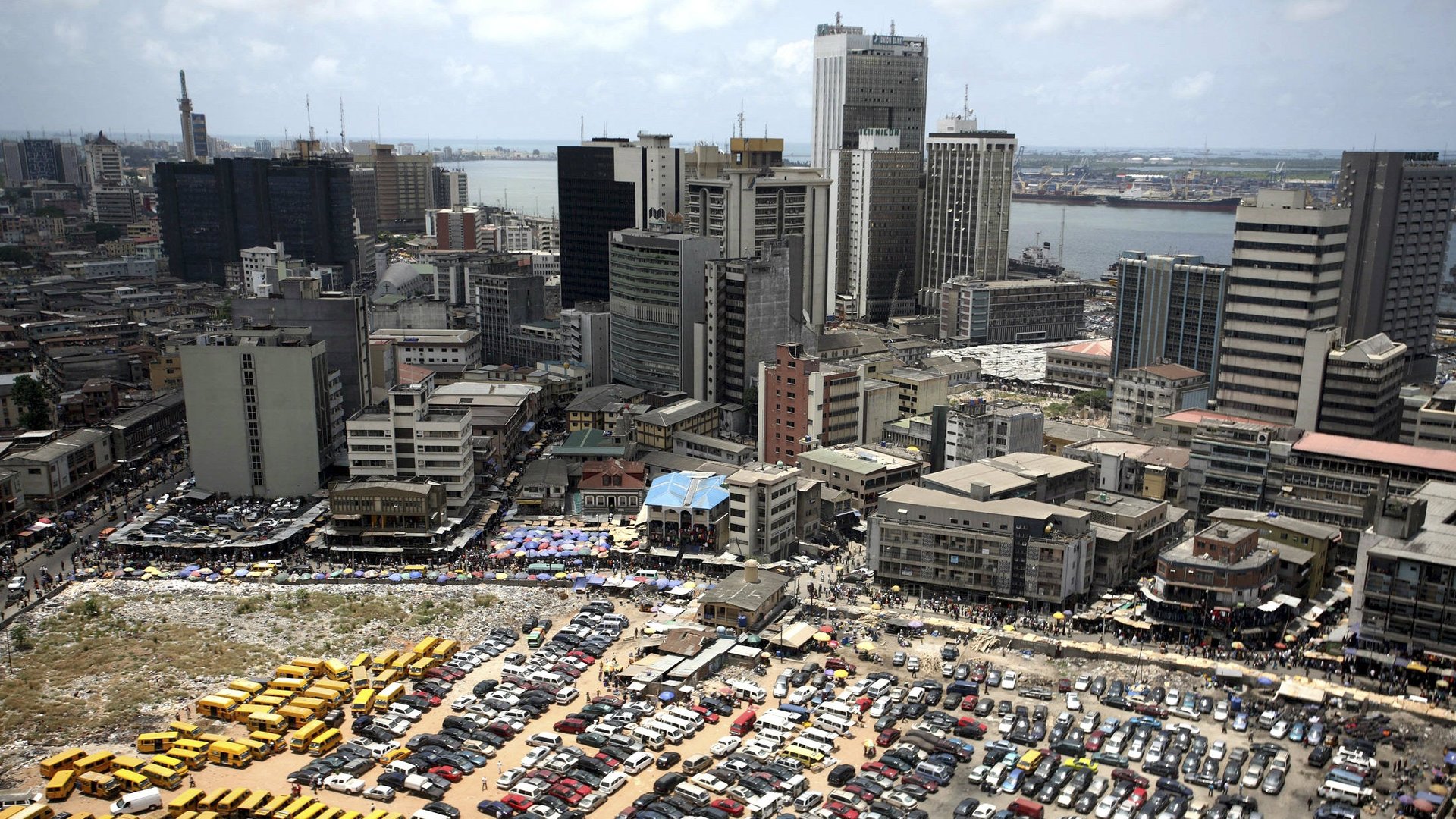Africa wasn’t “rising” before and it’s not “reeling” now
Africa is no longer rising, according to a New York Times article (paywall) last week. Ethiopia is in a state of emergency. Nigeria, the continent’s largest economy, is officially in a recession. South Africa, the most developed economy, is locked in a battle with students protesting for lower tuition fees. “‘Africa reeling’ may be more fitting now,” read the newspaper’s headline.


Africa is no longer rising, according to a New York Times article (paywall) last week. Ethiopia is in a state of emergency. Nigeria, the continent’s largest economy, is officially in a recession. South Africa, the most developed economy, is locked in a battle with students protesting for lower tuition fees. “‘Africa reeling’ may be more fitting now,” read the newspaper’s headline.
Responses by observers on the continent ranged from frustrated and annoyed to bemused.
For the past decade, African economists, business people, and readers have been watching the phrase “Africa rising” be bandied about by mostly Western media (including Quartz), books, and think tanks. The continent’s 54 countries are lumped together. Incidents in one country are used to make generalizations about the continent as a whole. When Africa is not rising, it is flailing, with little room in between.
The idea first gained popularity with a McKinsey report in 2010 titled “Lions on the Move” that detailed the political stability and demand for commodities that had already begun ushering in a new era for African countries. In 2011, the Economist ran a front page cover titled, “Africa Rising,” a sharp contrast to a cover 11 years earlier that declared Africa “The Hopeless Continent.”
The idea was always part myth, part marketing, coined—like BRICs and other acronyms—to widen the investment appeal of another swathe of emerging markets. Viewing Africa’s commodity exporters, conflict-ridden countries, and stable democracies as one unit, a land of either promise or peril, “misses the large disparities among countries in terms of political and economic governance,” writes Amadou Sy, director of the Africa Growth Initiative at Brookings, in a blog post in response to the New York Times article.
Today, African economies are expanding (and in some cases contracting) at different paces and in different ways across the continent, as well as within single countries. According to the IMF, about 19 countries on the continent, including Côte d’Ivoire, Senegal, and Tanzania, will still grow quickly this year, at more than 6%. If one wants to debate the question of whether or not Africa is rising, the better answer is is likely yes, just unevenly and gradually.
Asking whether Africa is still rising also risks obscuring more important questions. “Africans are past the debate of whether their countries are hopeless, rising, or reeling,” writes Sy. ”What [Africans] want to see is resilient, sustainable, and inclusive growth, and the debate they are interested in is about the actual policies that will generate such outcomes.”
Perhaps the biggest problem with the “Africa rising” narrative is how few Africans feel connected to it. Daisy Okoti, a blogger in Kenya, wrote last month:
The first time I heard it, Africa rising, it sounded like a very good campaign slogan for something I did not understand and which was none of my business, or so I thought. Then it struck me at some point that I was an African, and if the continent was rising, then I was definitely part of it. I was still looking for my connection with it. Then I thought that, it was perhaps something that happened across Africa, you know like a heavy downpour on all countries of Africa at the same time or a different color of sunshine again across all of Africa which our experts had aptly named, Africa rising.